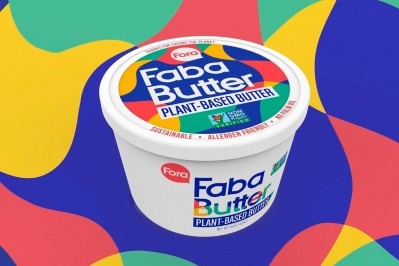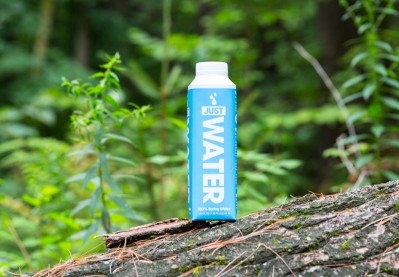Consumers increasingly reward sustainable companies, punish those that are not socially responsible

The percentage of consumers who purchase products based in part on how they will impact the health and sustainability of the world, its environment and people has increased 31% to 42% of the general US population in 2016 compared to 10 years earlier, Steve French, managing partner at Natural Marketing Institute Solutions, told attendees during a Jan. 24 webinar.
He explained that this shift is based in large part on the belief held by 73% of the general US population that “a healthy body and a healthy environment go hand in hand,” so that as consumer focus on healthy diets increases, so does their attention the planet’s health.
Leading this charge are younger consumers, French explained. He noted 54% of Millennials said in 2016 they considered the environmental impact of products when making purchase decisions, followed by 45% of Gen Xers – two consumer segments who wield significant spending power currently.
The carrot for change
Generally speaking, Millennials and to a slightly lesser extent Gen Xers are willing to use their spending power to support their values – and the environment, according to NMI data. French explained that 64% of Millennials and 51% of Gen Xers said they would buy more environmentally friendly products and services if they were more available.
In addition, Millennials are 28% more likely than the general population to say they will pay 20% more for products that are made in an environmentally friendly and sustainable way, according to NMI. Likewise, they are 22% more likely to say they will pay 20% more for products which are Fair Trade Certified, French said.
More broadly speaking, 31% of the general population in 2017 agree that they are less concerned about price when it comes to products made by a company that is mindful of its impact on the environment or society, French said, noting that this is up from 25% in 2009.
French also noted that 48% of the general population is more likely to try a product or service from a company that is mindful of its impact on the environment and society, and 54% are more likely to buy a product or service from a company with those values.
A stick against stagnation
Just as consumers are willing to reward companies that do good, they will punish those that do not – by withholding their money, French warned.
“If companies are not participating or if consumers find out that a company is not participating in social responsibility or not practicing environmental responsibility, there is a stated behavior of about 20% of Americans and even higher for Millennials to actually do something – be that boycotting or procotting,” French said.

















